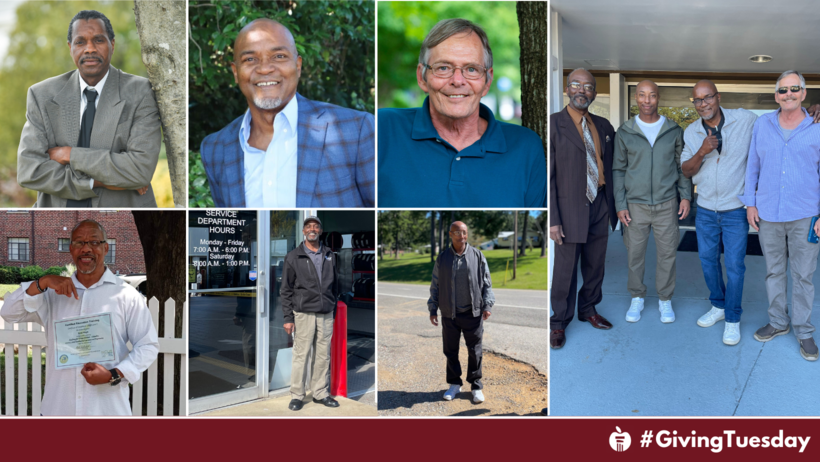By: Akiesha Anderson, Alabama Appleseed Policy Director
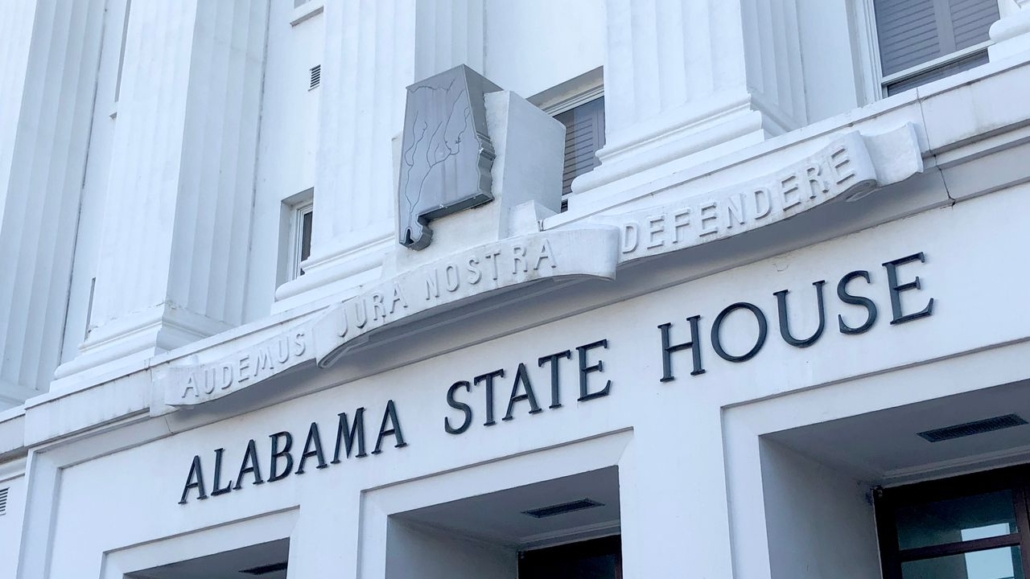
Last summer, when I traveled to Auburn to celebrate Senator Tom Whatley’s birthday, I had no idea what would be birthed as a result of that trip.
On my drive from Montgomery to Auburn, I had no plans to run into Representative Jeremy Gray after Senator Whatley’s birthday party, nor for Representative Gray and I to end up chatting in depth about working together to put together and pass a bill that gives people leaving Alabama prisons a grace period of 180 days post-release before they are required to have to pay back court-imposed fines and fees.
Just four days prior to that weekend’s road trip, my colleague and fellow attorney Alex LaGanke and I met to have a conversation about one of our then legislative priorities – ensuring that people leaving the custody of the Alabama Department of Corrections (“ADOC”) were given state-issued identification cards upon release (a project we are continuing to work on with partners including several state agencies). In her role directly representing incarcerated clients and helping to facilitate the release and successful reentry of men from ADOC custody, Alex had become my go-to subject matter expert on the needs of this population. While we had regular meetings prior to this date discussing potential legislation regarding identification cards, on this particular day my conversation with Alex began with a story that took me aback and ultimately, led to monumental change in the state of Alabama.
As we chatted, Alex explained that one of our clients whom we had recently helped get released from prison and whom we were currently providing reentry support for, had recently shared a shocking story. According to Alex and our client, that morning our client who was staying in transitional housing had talked a fellow resident out of committing a crime of theft or robbery and possibly getting sent back to prison. At the time, the housemate was feeling desperate because of court fines and fees he owed but didn’t have the money to pay yet because he had just been released from prison and was still trying to get on his feet. Daily, he was required to attend various job training and reentry programs while simultaneously being expected to already have a job and the funds to pay back his fines and fees. Not surprisingly, this impossible situation was clouding his judgment and ability to see an alternative path forward beyond returning to a life of crime. Plus he was so poor, he was hungry. Thankfully, our client was able to talk his housemate off the ledge that morning, and subsequently no crime was committed as a vehicle for paying back his court-imposed fines and fees.
Prior to my talk with Alex, I failed to realize that in Alabama, people released from prison had to start paying fines and fees immediately (or almost immediately, such as within 30 days if you ran into a gracious judge) upon release from prison. Long story short, this illumination led to a conversation between Alex and me about changing that legislatively. Subsequently, that conversation led to my unplanned conspiracy with Representative Gray a few days later and our agreement to work together to create a “Grace Period Bill,” later known as HB95 (that was co-sponsored by House Minority Leader, Representative Anthony Daniels), and which the Governor has recently signed into law.
In effect, HB95 gives people leaving prison a grace period of 180 days post-release before they will have to pay back court-imposed fines and fees. Although there are some exceptions to this rule (for example, we were unable to get the full Legislature to agree to this bill including a grace period for restitution), this policy is sorely needed in Alabama and other states. In fact, when working to draft this bill, the only state that I could find that had a similar law on the books was Oklahoma (which also has a 180-day grace period).
Given the rarity of this kind of law, it’s no surprise that it wasn’t an easy process to get the Alabama Legislature to immediately agree to this bill. In fact, after nearly two hours of intense floor debate, it barely passed out of the House of Representatives in mid-February, and at that point, a floor amendment to cut the grace period in half – down to 90 days – had passed, despite protest and dissent from the bill sponsor, Representative Gray, who urged fellow House members not to agree to that change. Thankfully, when the bill came before the Senate Judiciary Committee, Senator Bobby Singleton successfully passed – with bipartisan support – his own amendment changing its length back to 180 days. Subsequently, in the final hours of the 2022 legislative session, the bill with the Singleton amendment attached, restoring the grace period to its initial length, ultimately successfully passed out of the Senate and was agreed to by the House of Representatives.
HB95 also accomplishes something else that will help both incarcerated people and their families, who have to provide monetary support so that loved ones in prisons will have enough to eat, basic hygiene items, and such “extras” as tennis shoes and stamps. Thanks to a provision added by Representative Penni McClammy, whose own brother was once incarcerated, the new law now prohibits the state from taking money from an incarcerated person’s prison account for court-ordered fines and fees.
While the reality of people having to pay back court-imposed fines and fees so close to the time that they were released from prison was news to me prior to my talk with Alex, the desperate choices people make to pay back such fines and fees was not. In fact, Alabama Appleseed has done extensive research into the ways in which fines and fees undermine public safety and drive people to make tremendous sacrifices – like giving up basic necessities or skipping rent payments and risking eviction – and even have caused some people to commit crimes such as selling drugs, committing theft, or engaging in sex work.
Research has shown that on average, more than 8,500 people are released from the ADOC’s custody each year. Upon release, most formerly incarcerated people receive almost no re-entry services from the state, such as basic housing assistance. Instead, individuals transitioning back into society face a blockade and there is virtually no reasonable pathway for re-entry without family support, particularly for those who reach their end of sentence (“EOS”). Unfortunately, for many people, that crucial family support is either nonexistent or couched in an environment that is not healthy for an individual hoping to not recidivate.
Not surprisingly, it also often takes individuals several months after leaving prison to obtain stability and get on their feet (e.g., securing housing, jobs, identification cards, transportation, etc.) before they are able to be productive citizens again. Individuals who have served their time and are trying to make a life change but have limited to no support and no financial resources, need basic necessities to have any chance for safety and stability. Below are just a few of the costs and barriers people face:
- Immediate need for a state-issued ID to access basic social services, housing, jobs, and open a bank account. Accessing the social security card and birth certificate required for a state ID can take weeks. A state-issued ID is at least $36 and often costs more. Multiple laws have passed requiring ADOC to assist individuals leaving prison with IDs, but those laws are not being implemented.
- Transportation to access various government offices in order to access IDs and to get to jobs.
- Clothing, shoes, toiletries, and food for basic survival, job interviews. This costs on average $750 for the first month. $200 per month in food stamps is available to offset these costs but only if the application is approved.
- Phone – in order to access employers, job interviews etc. it typically will cost at least $500 to obtain a phone and 6 months of service.
- Housing – minimum of $500/monthly in transitional housing.
- $40 monthly supervision fee, if on parole.
In addition to the aforementioned costs and barriers, as stated before, prior to Representative Gray’s bill, people were also expected to practically immediately begin paying back their legal financial obligations (“LFOs”) including court-imposed fines and fees.
For many formerly incarcerated individuals, their LFOs range from hundreds to tens of thousands of dollars. In fact, according to research, the median amount of court debt assessed with regard to felony and misdemeanor convictions in Alabama is $1,808 for a felony conviction and $646 for a misdemeanor conviction. In addition, Alabama Appleseed’s study of nearly 1,000 Alabamians with experience with court debt found that “the minimum amount owed by a justice-involved individual in [our] sample was $32. The maximum amount [wa]s $250,000. The median amount owed was $2,700 and the mean was $6,536.” Also, the “most common amount owed was $2,000.” Although “those amounts may seem small to some, a 2014 survey of Alabamians with a felony conviction found that survey participants had a median annual income of $8,000, suggesting that the average Alabamian with a felony conviction… faces court debt equal to more than a fifth of their annual income.” As a result, justice-involved individuals are often in difficult financial straits immediately and even months after their release.
HB95 was written in recognition of the fact that payment of court-ordered fines and fees is next to impossible when someone has yet to secure other basic necessities like a job, housing, and transportation. The obstacles faced when reentering society and seeking employment can already feel insurmountable for many formerly incarcerated men and women, yet that burden becomes even heavier when these individuals are expected to either immediately begin paying back their fines and fees or face additional financial or criminal penalties.
The passage and signing of this bill is a momentous example of the kinds of meaningful criminal justice reform that can be achieved in Alabama. As only the second Southern state to pass such a bill, I encourage state leaders to continue to seek ways that we can be seen as innovative and smart on crime rather than trapped by the failed and self-defeating tough on crime policies of the past.


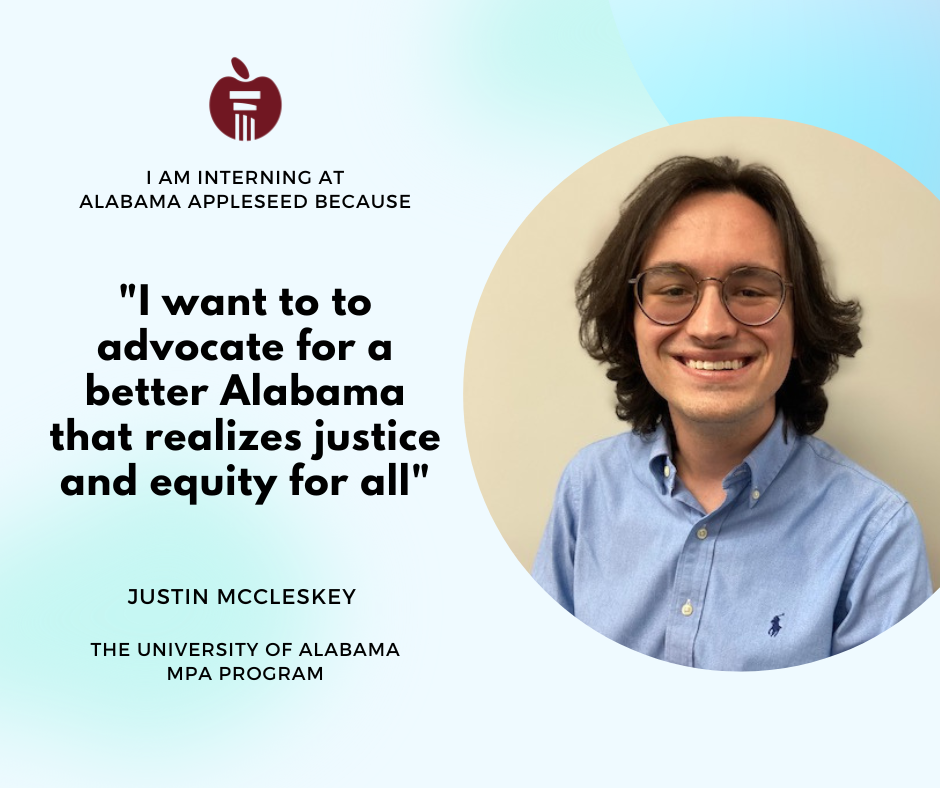
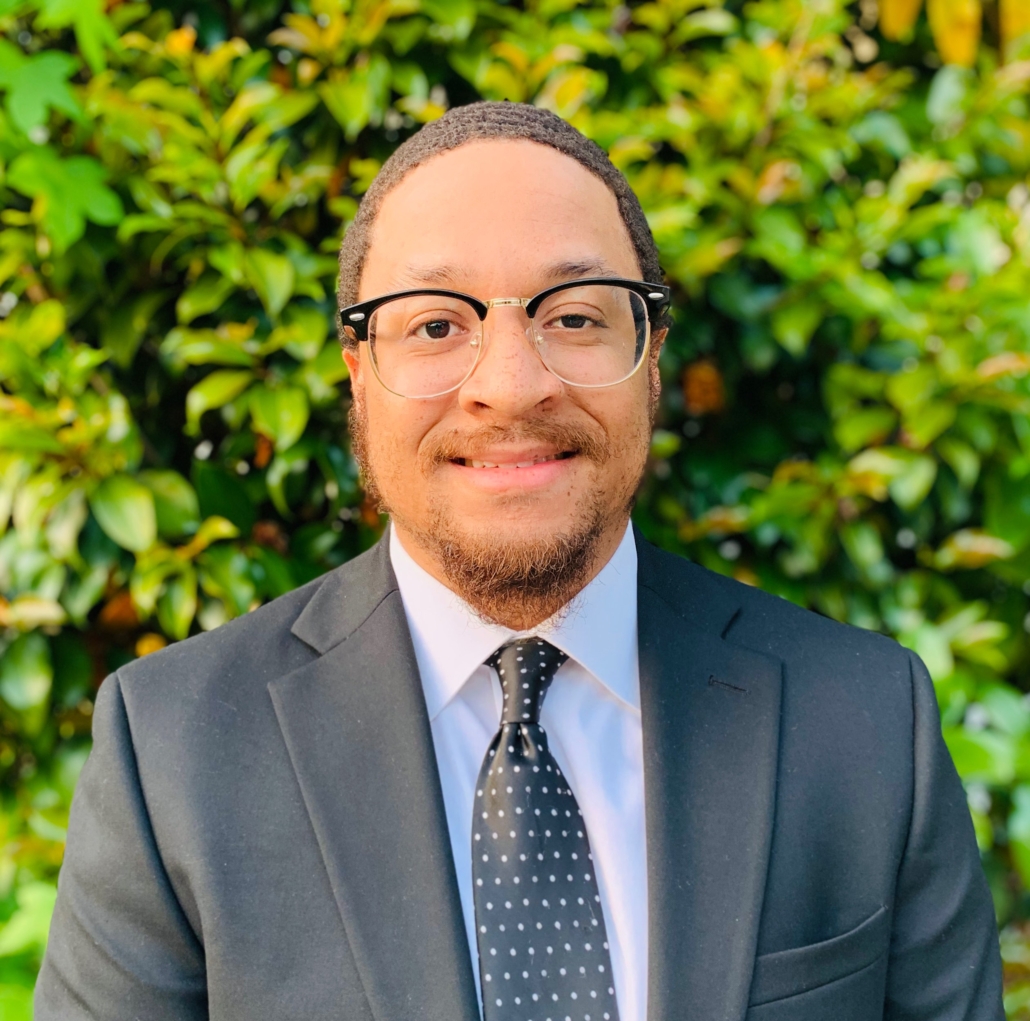
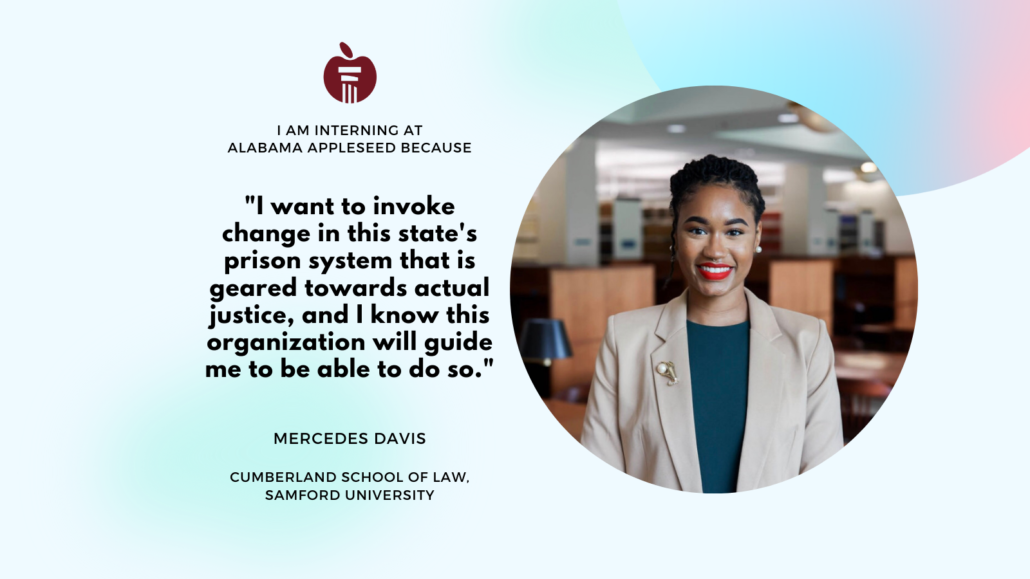
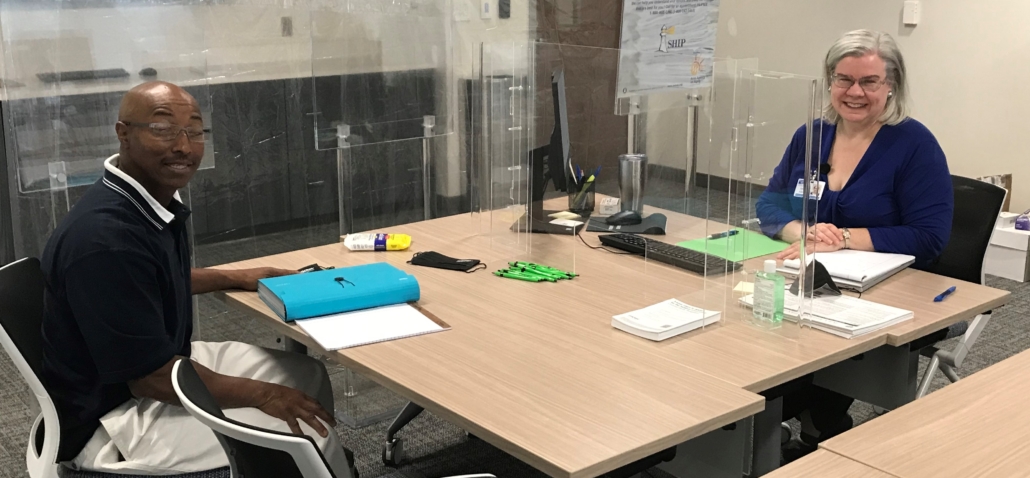


 My name is Brenita Softley, and I am deeply honored to join Alabama Appleseed as a part-time extern. I am in awe of this organization’s mission to achieve justice and equity for all Alabamians— which are reasons that I decided to attend law school.
My name is Brenita Softley, and I am deeply honored to join Alabama Appleseed as a part-time extern. I am in awe of this organization’s mission to achieve justice and equity for all Alabamians— which are reasons that I decided to attend law school.